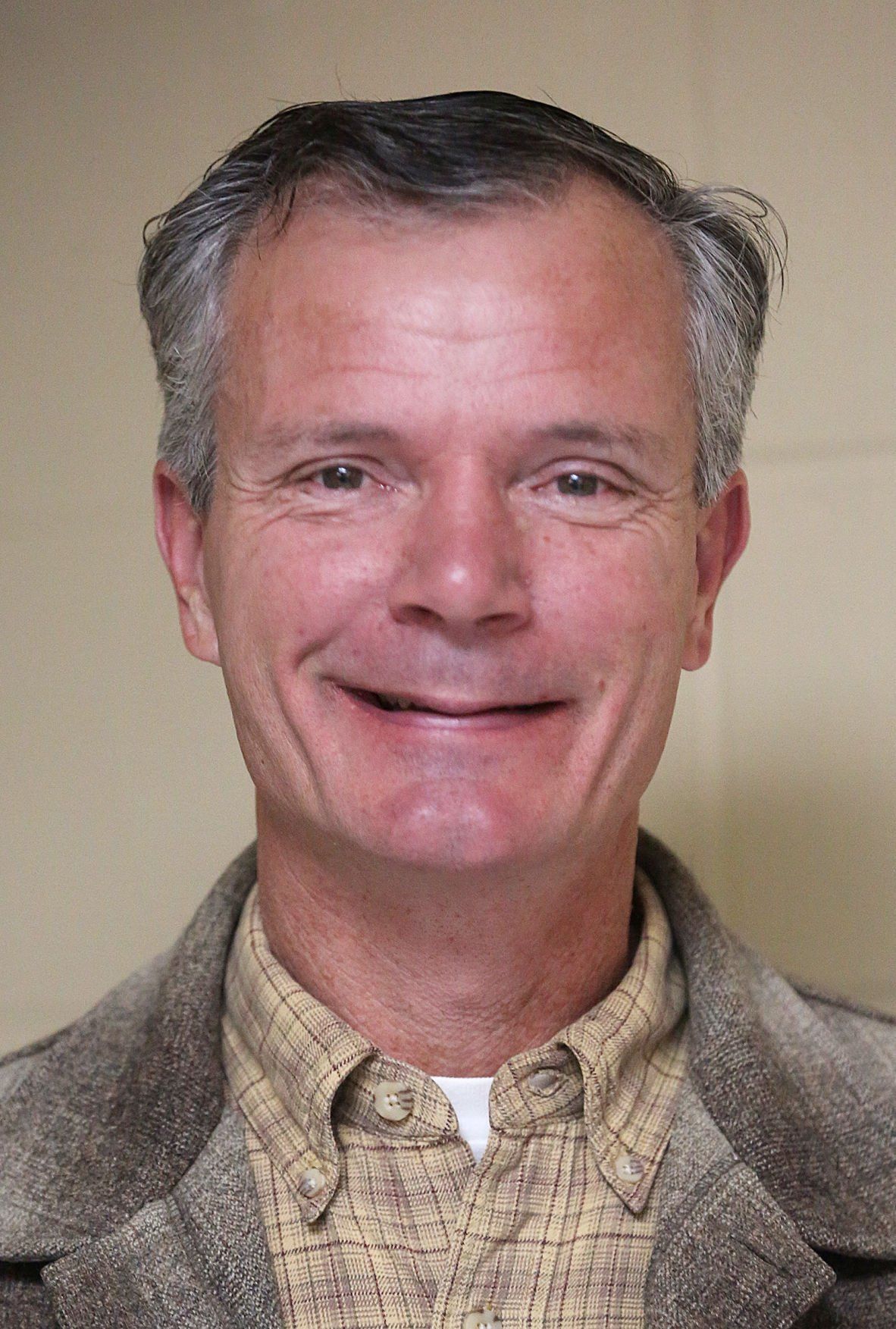Area served: Dubuque.
Services include: Homeless shelter and transitional housing for men, free breakfast and lunch at 398 Main Street, shower and laundry services, thrift stores provide food and clothing to clients.
Contact: 563-583-1394.
More information: dubuquerescue.org/.
This story is part of a series in which the Telegraph Herald regularly is profiling tri-state area social service agencies.
Rick Mihm sees the longevity of the Dubuque Rescue Mission as a credit to the community in which it started.
“The fact that the mission has been here so long and the people of Dubuque have been so supportive is a real testament to the quality of Dubuque,” said Mihm, executive director of the mission.
The non-denominational Christian nonprofit started as a soup kitchen in 1932, amid the Great Depression, and quickly began housing people as well. The meal program remains among the mission’s most visible services.
“For most people, their contact with Dubuque Rescue Mission is through the free meal program,” Mihm said.
Mihm estimates that the mission currently feeds a little more than 200 people per day through its free breakfast and lunches, as well as a free dinner the mission hosts three to four times per week in tandem with several Dubuque churches and community organizations.
The mission’s meals include produce sourced from its gardens and greenhouse, which the mission also sells at the Dubuque Farmers Market. Excess produce is canned and frozen. Mihm estimated that the mission produces some 2,200 pounds of produce per year.
The mission currently hosts 22 beds for homeless men at 398 Main St. Prior to the COVID-19 pandemic, it housed 25, but the mission is keeping occupancy rates capped in light of continuing high COVID-19 transmission in Dubuque.
The Rescue Mission also houses 25 men in transitional housing located across Dubuque, where clients pay heavily discounted rent while working to build a life outside the shelter.
“Once they’ve come through here and are ready to get their life together, they can go there and live for up to two years,” said Jeff Lenhart, an administrator at the mission.
The mission is consistently at or near capacity, Lenhart said. Many clients struggle with mental health issues or addiction and experience chronic homelessness.
Some of the clients do not stay with the mission, preferring to live on the street. The mission provides showers and laundry services accessible from the street.
But many others come to the shelter intent on turning their lives around.
“Dubuque is a good place to start over,” said Resident Manager Will Pearsall. “You feel loved when you come here. You don’t feel judged.”
Further support for clients comes from the mission’s two thrift stores, which help supply clients with clothing and furniture and also are open to the public.
The mission is also in the final stages of purchasing the site of the former Dubuque Food Pantry at 1598 Jackson St., which the mission plans to convert into a warming shelter and overnight shelter from November through April. In the summer it will serve as a “drop-in center” during the day.


